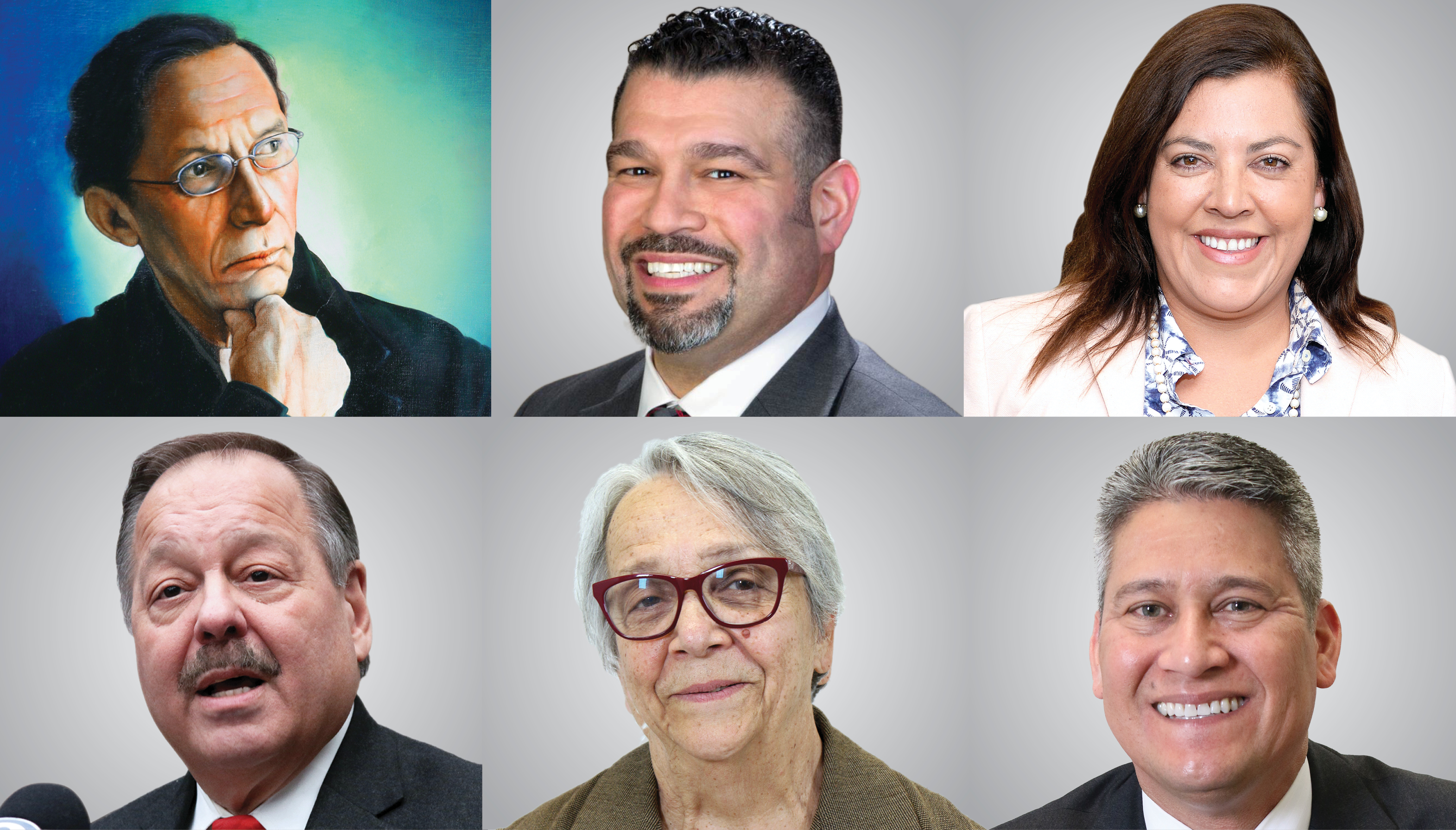
We U.S. Latinos: Where are we coming from? Where are we going..?
If we don’t now our past, it is mighty difficult to imagine our future.
A community that doesn’t know its past is like a creature that hesitates about its future, the direct result of the simple fact of not knowing where we are coming from and who in reality we are.
We are like orphans. On top of that, we behave as if living in someone else’s house.
If we don’t know who our parents were, how can I guide myself into my future, or, for that purpose, the future of my children?
If we don’t now our past, it is mighty difficult to imagine our future.
A community that doesn’t know its past is like a creature that hesitates about its future, the direct result of the simple fact of not knowing where we are coming from and who in reality we are.
We are like orphans. On top of that, we behave as if living in someone else’s house.
If we don’t know who our parents were, how can I guide myself into my future, or, for that purpose, the future of my children?
If we don’t feel in this society as our own home, how are we going to feel that confidence one experiences when living under our own roof?
This is one of the biggest dilemmas of the biggest ethnicity in the United States, where the public education duly includes the chapters of the all the other ethnic groups, but very often ignores or excludes the full account of how Latinos ended up here, and the extraordinary contributions this community has made to the United States of America.
Our children who get their education following the curriculums of the American education system that makes no reference to the past of the Latino community increases the insecurities of our youngsters that some times feel the shame of not being totally “White,” or totally “Black,” or totally “Asian,”, or totally “Native American,” and yet be a piece of all of the above.
So, whe are we? A bit of all of the above..
Where do we come from? Practically from everywhere...
Where are we going? Perhaps we are the ones called to help in a full integration of the American society, making irrelevant the division along racial lines and, even better, erradicating the historic trauma of racism...
These are 3 simple questions that the young in Latino communities across the United States don’t respond with the same immediacy people of the same age would respond in, for example, the Korean community, the Jewish community or the Irish community.
To remember our history, because that history does indeed exist, and indeed it is rich, is a simple exercise the U.S. Latino community must consider as an essential step in route to a more steady development.
As a consequence, and with the benefit of that knowledge, our politicians would be a bit more profound, our entrepreneurs a bit more confident of their capacity to become very successful, and our civic leaders even more conscious of the social responsibilities of the roles demanded from them at this time in History.
History is not the obscure basement of our past, but the shining light that, from the top, should illuminate our present but also guide our future.
AL DIA begins with this edition a modest contribution to help in the process of putting together that history, and put it in the forefront, mainly for the benefit of the new generations that are called to transform Philadelphia, and, across the country where this community lives (which is the entire country), the entire American society.




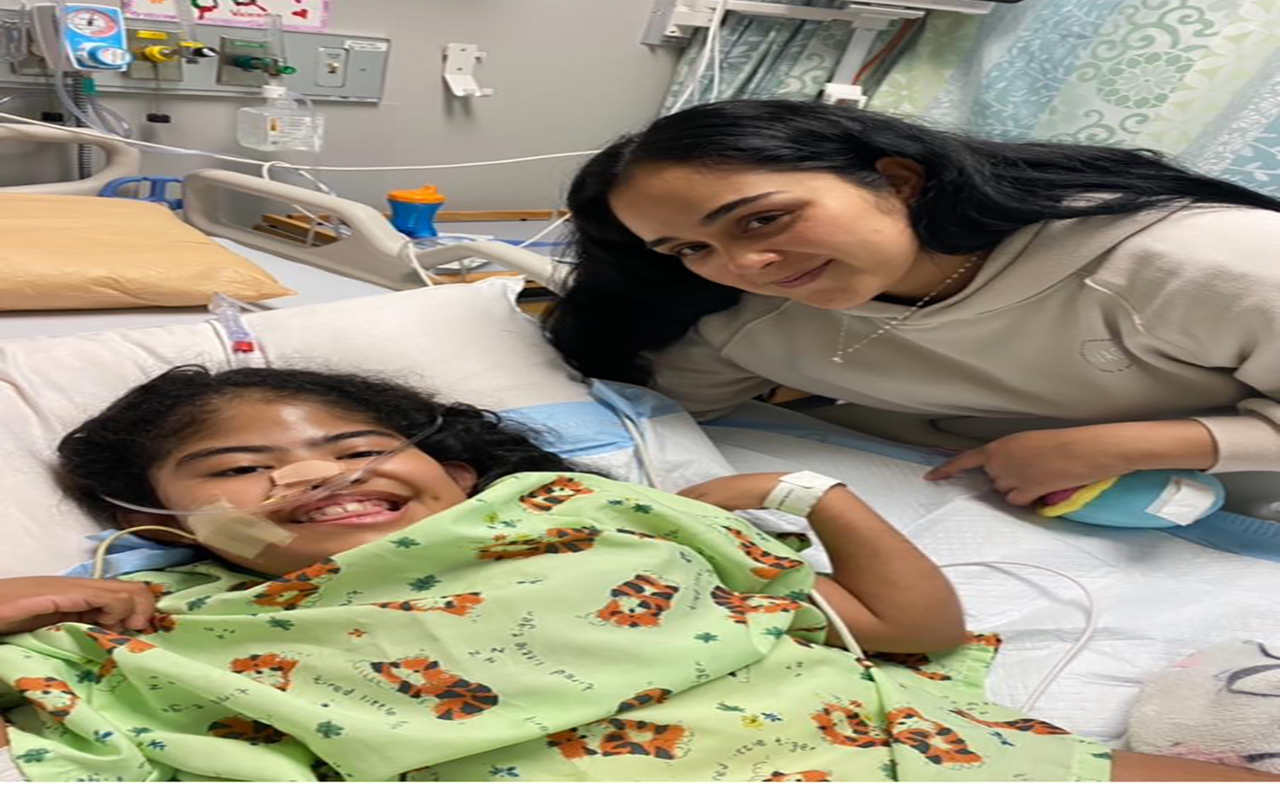


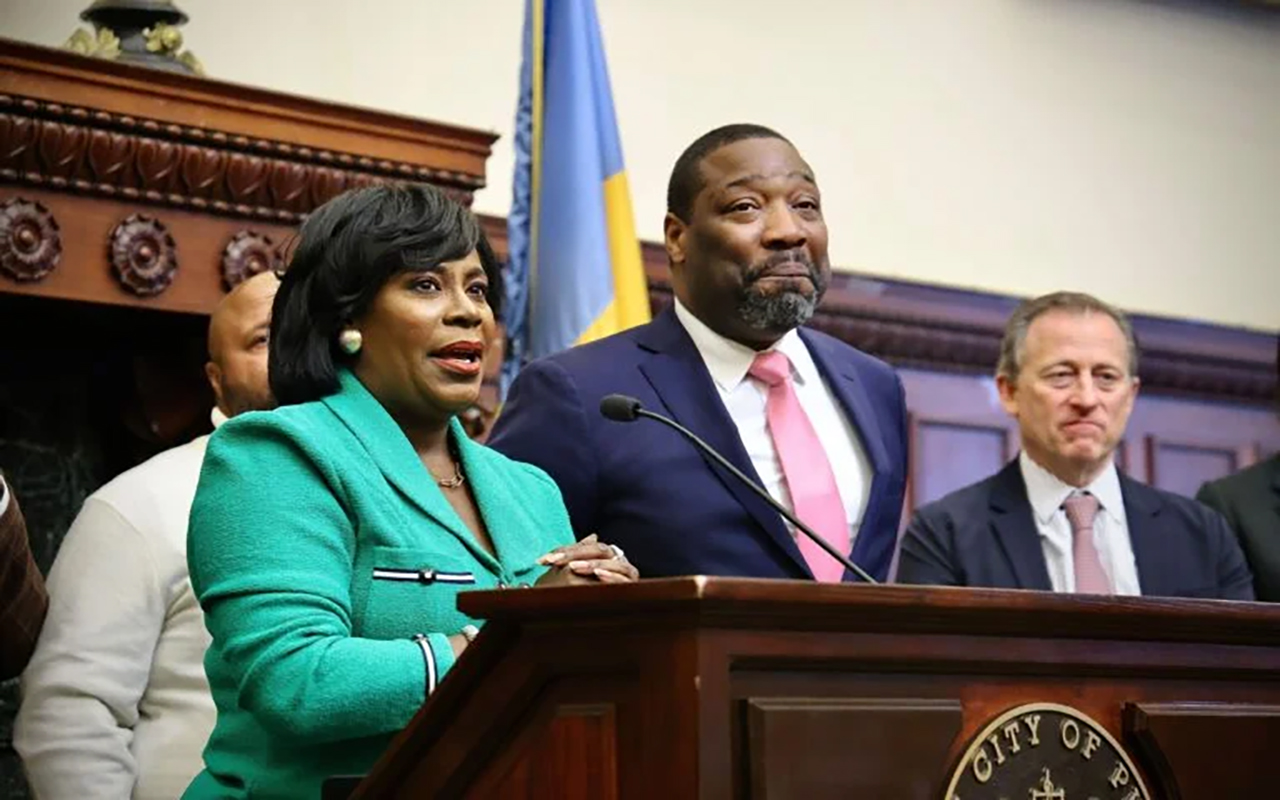
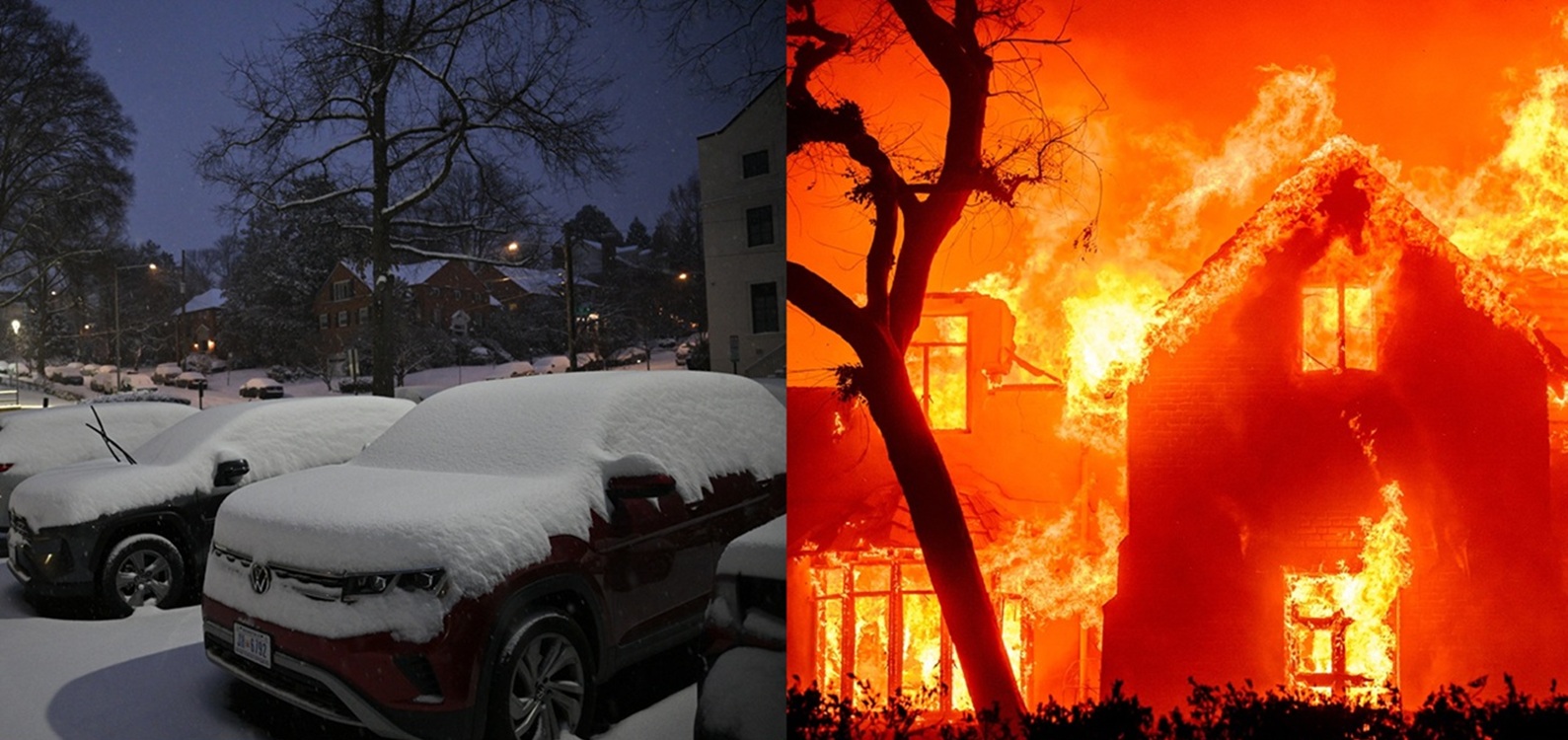
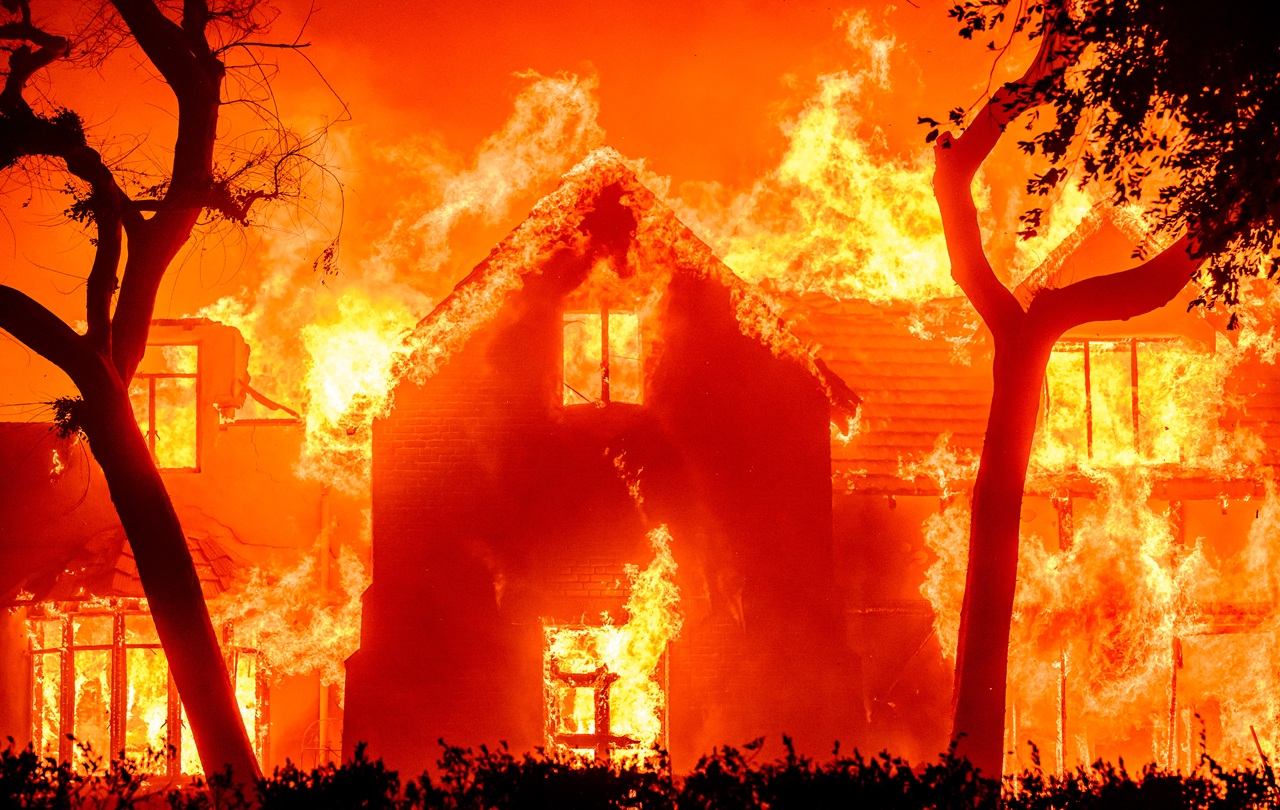
LEAVE A COMMENT: